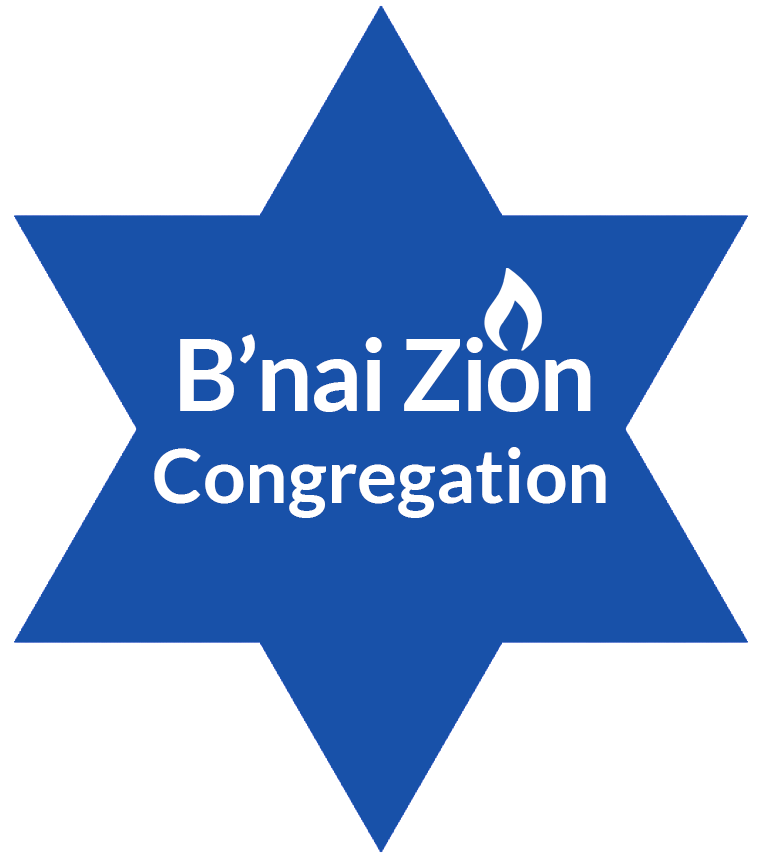Parshat Miketz: God’s Language
Genesis 40:23
וַיֹּ֤אמֶר יוֹסֵף֙ אֶל־פַּרְעֹ֔ה חֲל֥וֹם פַּרְעֹ֖ה אֶחָ֣ד ה֑וּא אֵ֣ת אֲשֶׁ֧ר הָאֱלֹהִ֛ים עֹשֶׂ֖ה הִגִּ֥יד לְפַרְעֹֽה׃
And Joseph said to Pharaoh, “Pharaoh’s dreams are one and the same: God has told Pharaoh what He is about to do.”
The Torah takes for granted the fact that God communicates with human beings. In the modern age, we do not expect God to speak directly to us anymore, though that does not mean communication has stopped. We still look to our traditions, and especially to the Torah, for wisdom and inspiration. However, finding personal meaning in the laws and stories of the Torah can be a daunting task. Can the Torah really be talking to me?
Pharaoh might have asked the same question, or the cup-bearer or the baker back in the prison with Joseph. Was God really talking to them? Yes, and note the content: the baker dreamed about bread, the cup-bearer dreamed about grapes, and Pharaoh dreamed about cows and corn, the agricultural foundation of his country. God spoke to each one in a language uniquely crafted for them.
We’re taught that the Torah is like a hammer hitting flint, which explodes into innumerable sparks. This is because each verse of Torah has the potential to be a spark of inspiration in different ways for different people. The musician reads it one way, the mother a second, the child a third, the lonely heart a fourth, the truck driver a fifth, and so on.
Judaism’s tool box for finding meaning is deep. We have commentaries, parables, stories, all geared to help us find meaning in our tradition. Though, sometimes it’s important to look inward and ask these three questions: Who am I? How does who I am affect how I read the Torah? What is that message uniquely crafted for me hiding within these words?
